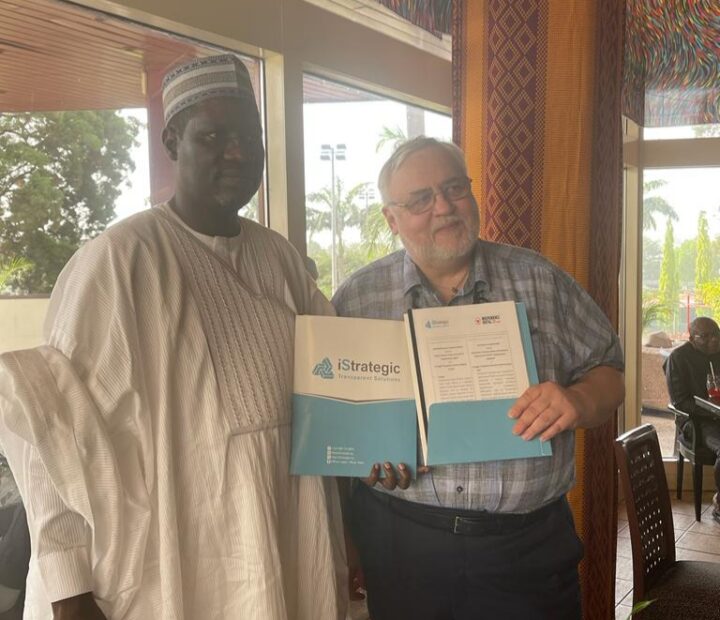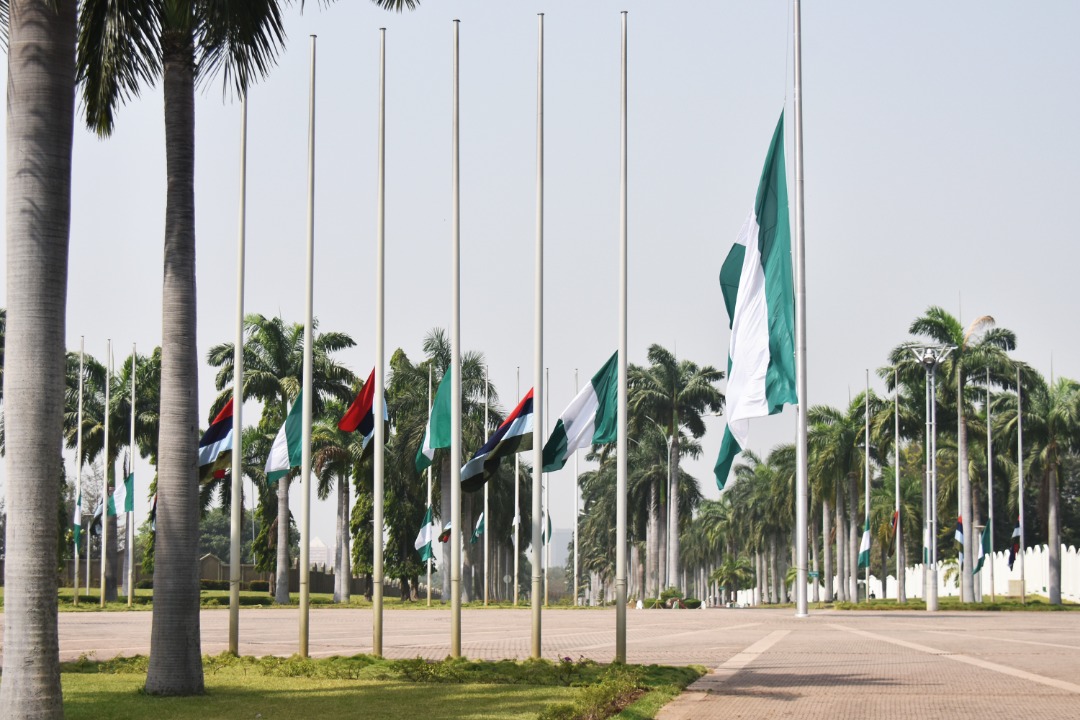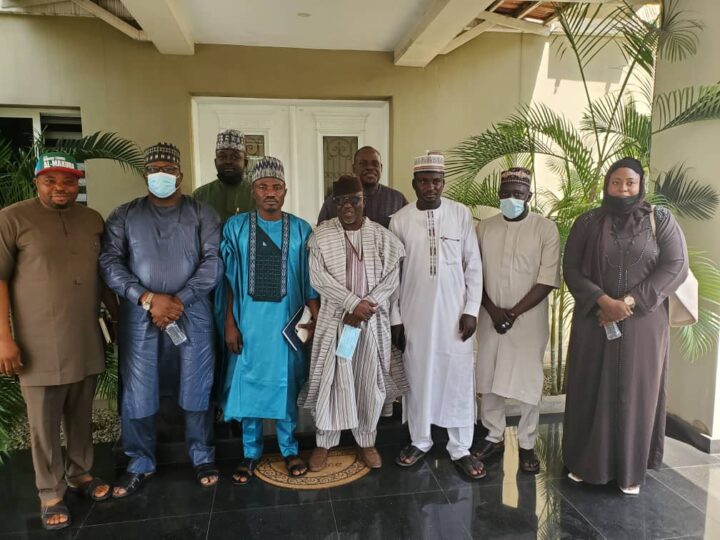The Centre for Democracy and Development (CDD) says significant progress can be made in the fight against corruption if politicians are made to publicly declare their assets.
CDD made the recommendation in a report titled ’20 Years of Anti-Corruption Efforts in Nigeria — A CRITICAL LOOK’.
In the report, CDD chronicled Nigeria’s fight against corruption, the challenges encountered by successive governments, its successes and failures since the return to democracy in 1999.
The centre said by 1999, Nigeria’s international reputation had been badly tarnished by corruption and in 2000, the country ranked last in Transparency International’s corruption perception index.
Advertisement
“One of the landmark achievements of the Obasanjo government was the establishment of the EFCC. Its creation had two main purposes: to help domesticate the provisions of the UN Convention Against Corruption and to create an agency more elite, dynamic, and capable than the ICPC,” the report said.
“Rather than undertake a legislative battle to redefine and re-establish the ICPC as a catch-all anti-corruption body, Obasanjo instead used his political capital to push for the creation of a more specialised agency empowered to take on high-profile corruption cases, tackle worsening cybercrime, and coordinate all anti-corruption law enforcement activities.”
CDD said the EFCC, under Nuhu Ribadu, its pioneer chairman, recorded “some early successes with its daring investigations” and prosecutions of notable senior figures.
Advertisement
It, however, said under the administration of the late Musa Yar’Adua, the anti-corruption campaign of the EFCC nosedived.
“Yar’Adua’s incapacitation marked the start of the Goodluck Jonathan presidency. Acknowledging international concerns about Aondoakaa’s malfeasance and Waziri’s poor performance, Jonathan named Lamorde to head the EFCC,” CDD said.
“He also named a new attorney general, Mohammed Bello Adoke, a seasoned lawyer who helped reinvigorate and expedite international cooperation efforts. Adoke also championed the Administration of Criminal Justice Act and Freedom of Information Act, two key pieces of legislation that have made positive contributions to anti-corruption prosecution and prevention efforts.
“Like the Obasanjo, Yar’Adua, and Jonathan administrations before it, the Buhari government has an anti-corruption track record that defies simple characterisation. On the one hand, Buhari has made the fight against corruption one of his signature issues.
Advertisement
“Yet the Buhari government has done little to institutionalise the so-called ‘Buhari Effect’, pursuing an enforcement-based strategy rather than pushing for deeper political and institutional reforms.”
NIGERIA’S TOP THREE ACHIEVEMENTS AGAINST CORRUPTION
CDD said despite the myriad of challenges encountered by the Nigerian government in battling corruption, three major achievements were recorded.
The centre listed the enactment of key laws like the corrupt practices and other related offences act, (2000), economic and financial crimes commission (establishment) act (2004); the convictions of high profile personalities, and how anti-corruption agencies have been able to innovate and adapt in response to the challenges faced.
Advertisement
“Nigeria’s anti-corruption agencies can also claim credit for several high-profile corruption convictions over the last two decades. These include the 2018 conviction of Joshua Dariye, a senator and former governor of Plateau State, on charges of embezzlement,” it said.
“Nigeria’s anti-corruption efforts have become more effective as practitioners adapt and innovate in response to the many challenges they face. Instead of being abandoned under pressure or resulting in drawn-out, quixotic prosecutions, corruption investigations are finding new, more pragmatic resolutions such as plea bargains, voluntary repayment of unexplained wealth and asset forfeiture.”
Advertisement
FAILURES OF GOVERNMENT IN THE FIGHT AGAINST CORRUPTION
CDD said despite the achievements, Nigeria’s anti-corruption efforts have also been plagued by significant challenges over the last two decades.
Advertisement
These failures include the political interference in corruption investigations and prosecutions, failure to rein in security sector corruption and preventive shortfalls, and the government’s unwillingness to do more to prevent corruption from occurring in the first place.
“Political interference lessened somewhat but remained a significant challenge during the Jonathan presidency (2010-2015). In March 2013, for example, Jonathan nullified one of the EFCC’s highest-profile prosecutorial successes—albeit constitutionally—by pardoning former Bayelsa State governor Diepreye Alamieyesiegha. Jonathan’s decision, which took the EFCC by surprise, embarrassed and demoralised the agency and drew rebukes from the U.S. and UK governments. Ribadu called it the ‘final nail’ in the coffin in the fight against corruption under Jonathan,” the report said.
Advertisement
“Successive presidents’ failure to rein in security sector corruption is a highly consequential anticorruption failure. It has led to widespread insecurity, verging on instability, and has weakened Nigerian counterterrorism capacity, allowing groups like Boko Haram to smoulder. Over the last decade, political and security elites have monetised the conflict and the resulting humanitarian crisis.
“A third significant failure is successive governments’ unwillingness to do more to prevent corruption from occurring in the first place. Disproportionate attention has been focused on investigating malfeasance and recovering a small fraction of the huge sums of public money stolen each year. This endgame-focused anti-corruption approach effectively gives Nigeria’s kleptocratic officials license to steal, given they run a very low risk of getting caught or having their proceeds of crime seized.”
CDD said the country has made progress in the fight against corruption, but not near enough to “slow its octopoidal expansion”.
As a way forward, the centre recommended that politicians should be required to publicly disclose their sources of income to develop public trust and foster transparency and that government at all levels should signal their willingness to become enablers of anti-corruption reforms.
CDD also said the national assembly should amend the CCB act to provide a legal basis for online asset declarations and increase penalties for public officeholders who fail to make asset declarations.
The centre also called on the presidency and national assembly to exercise stronger oversight over ministries, departments and agencies.
Add a comment






